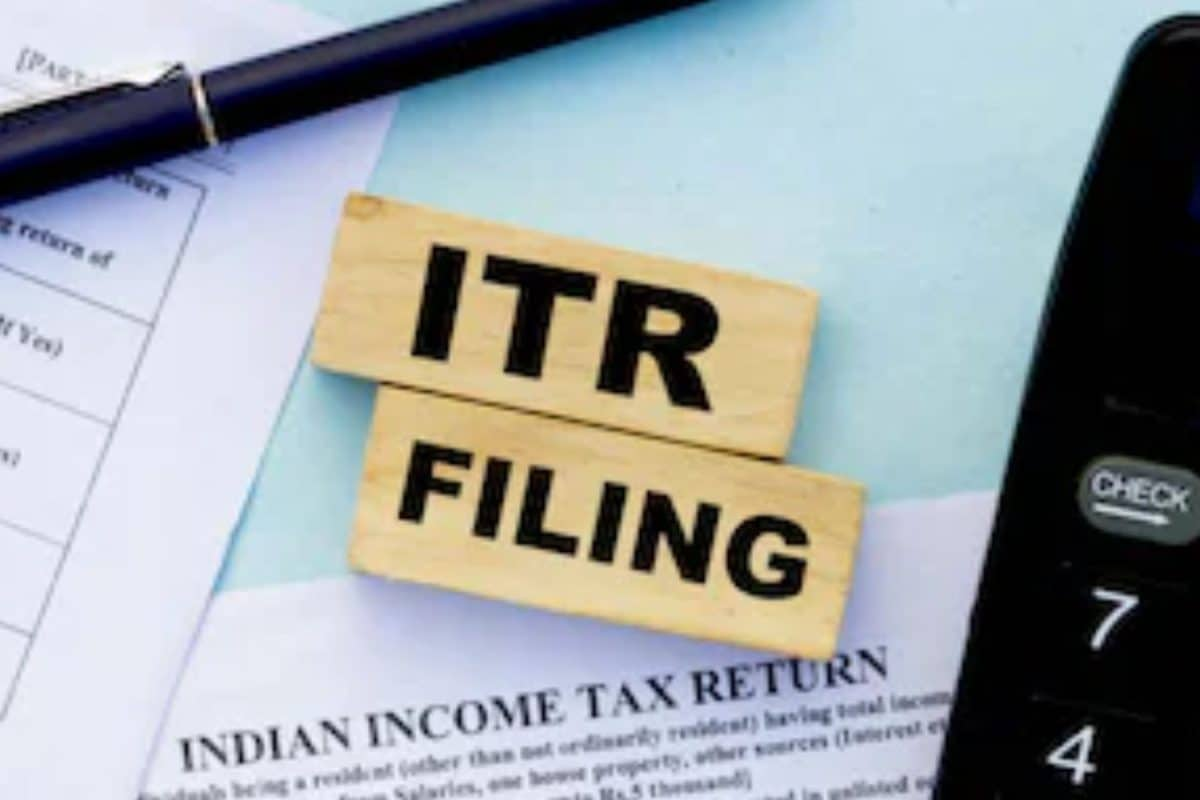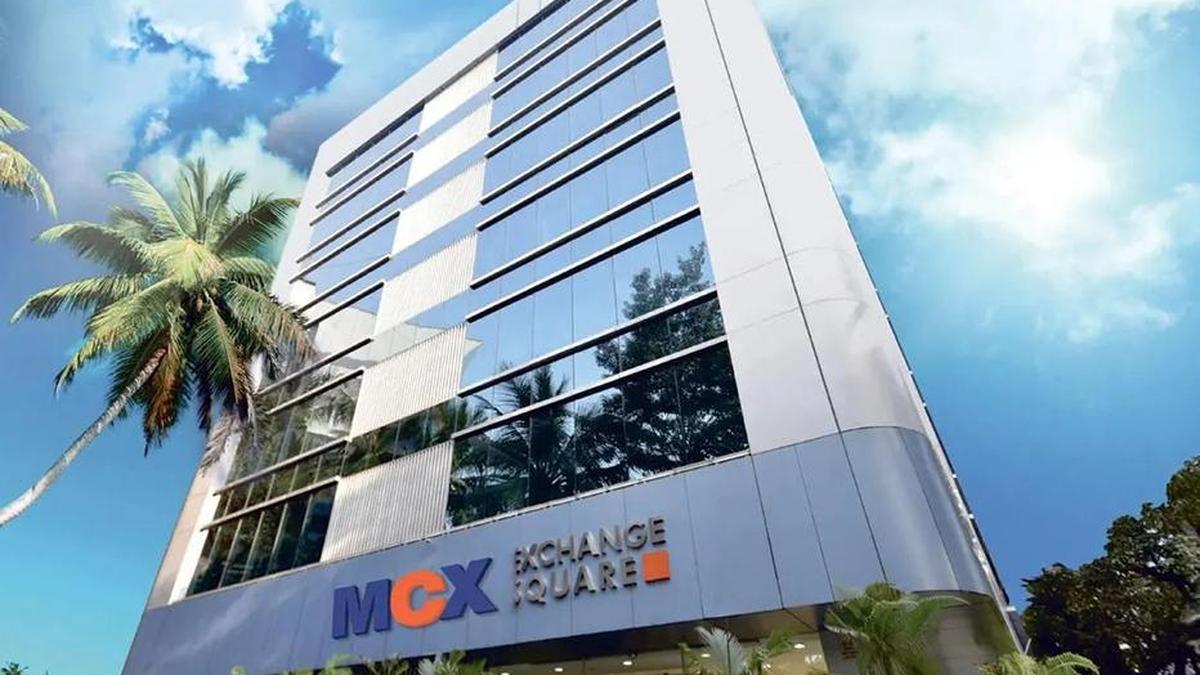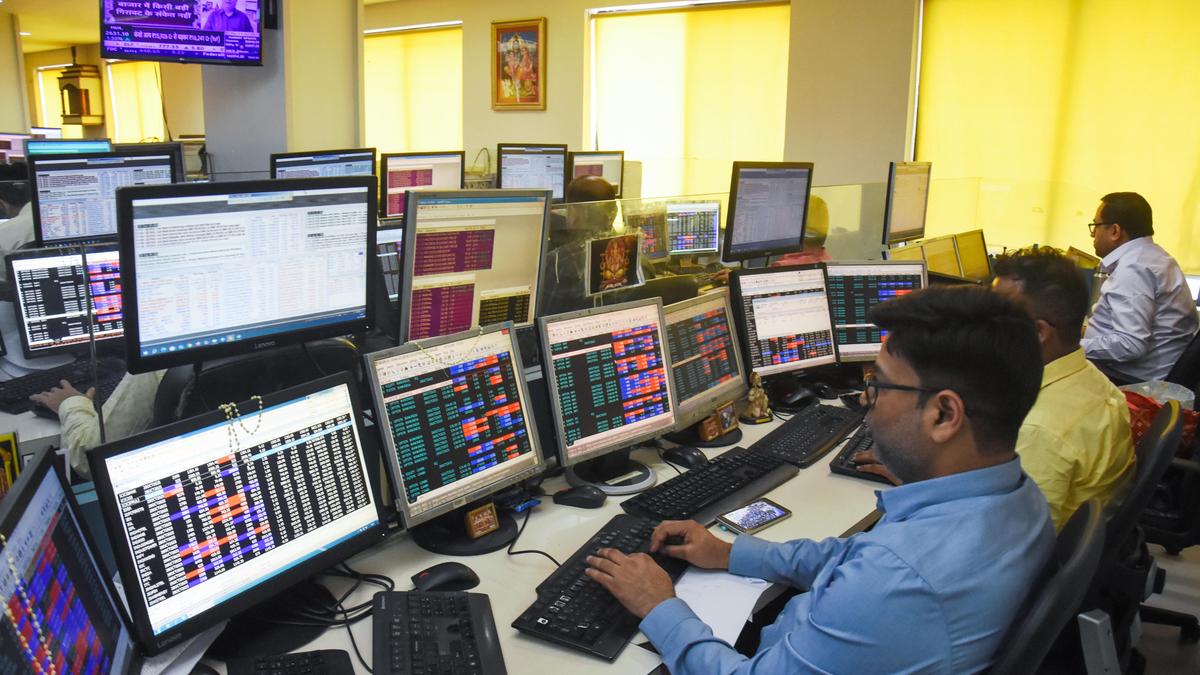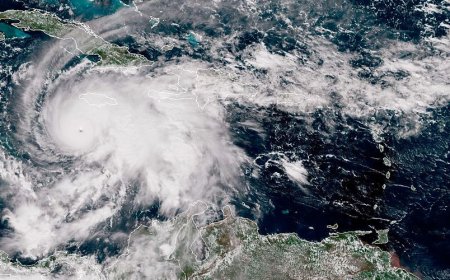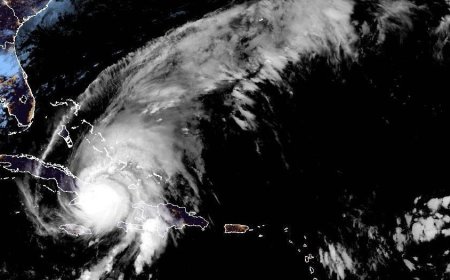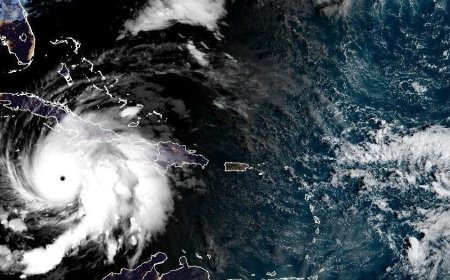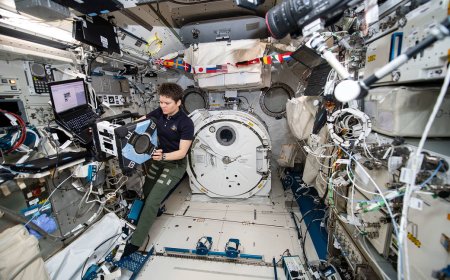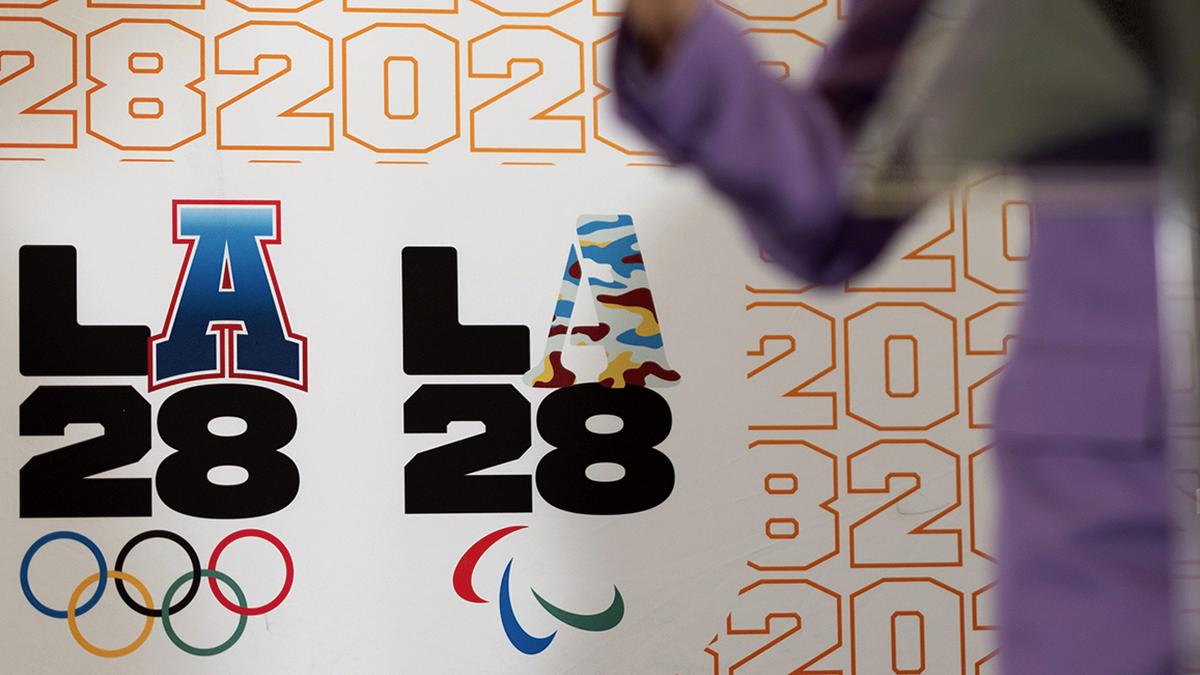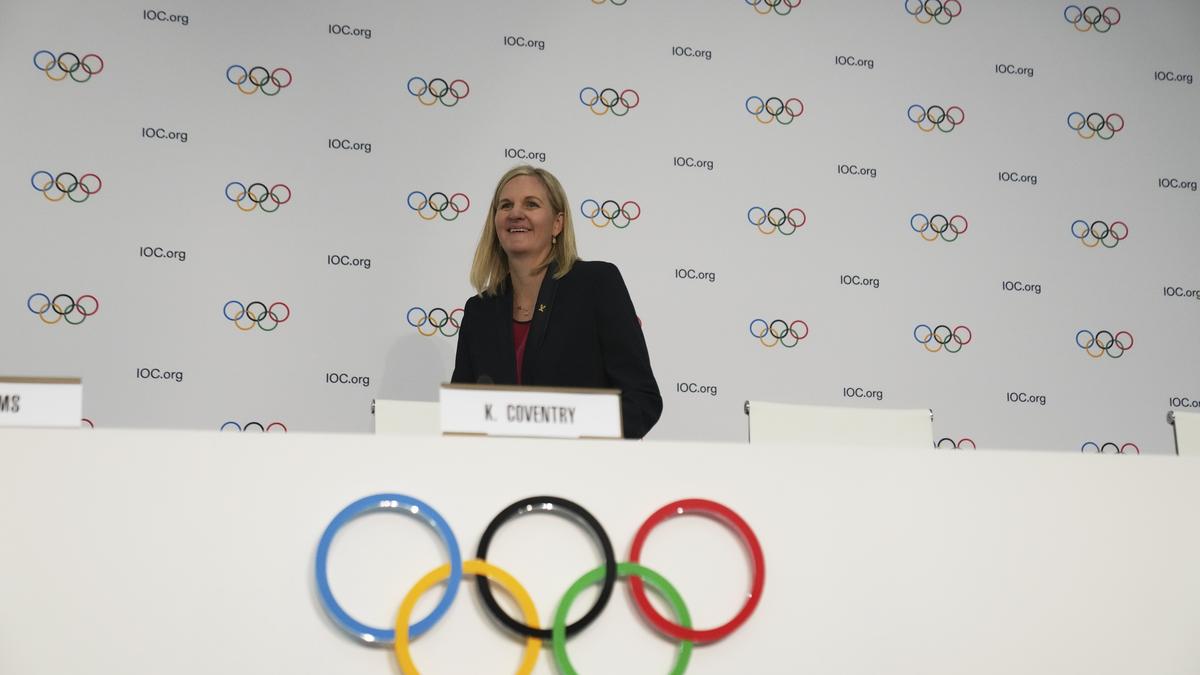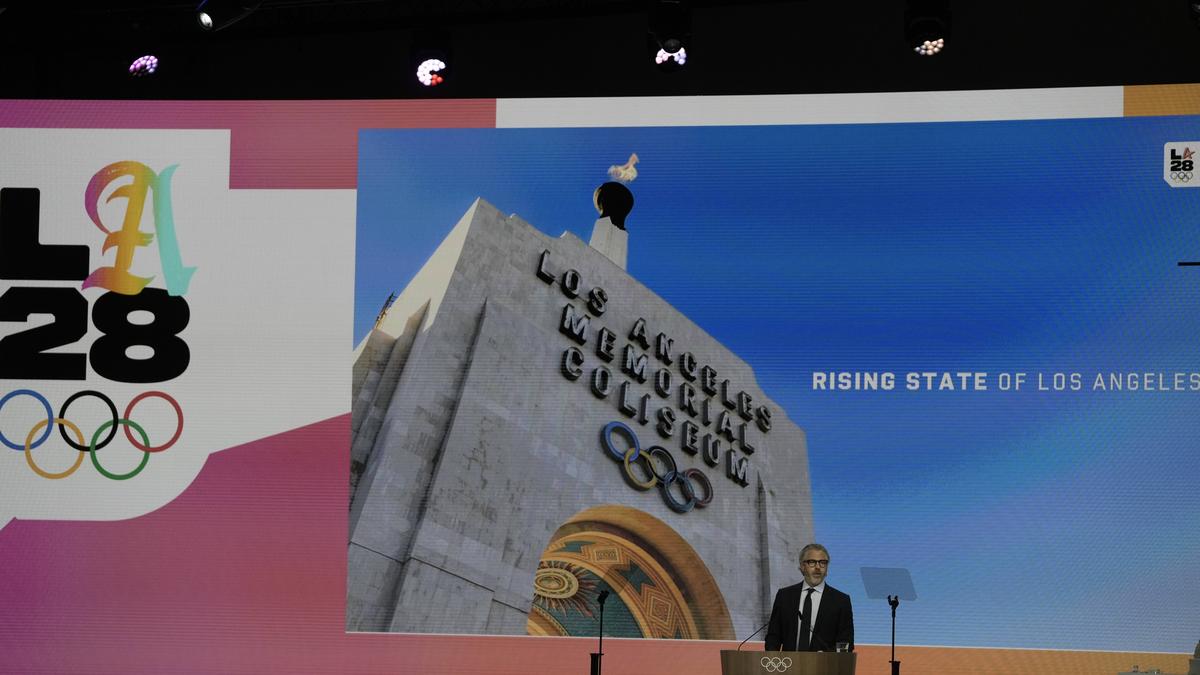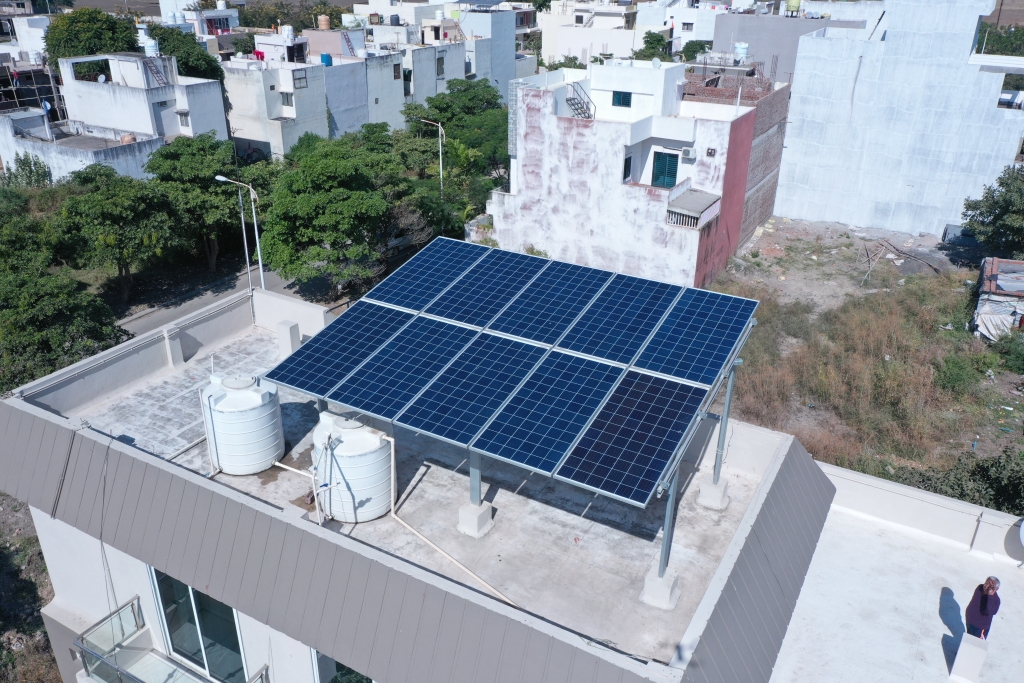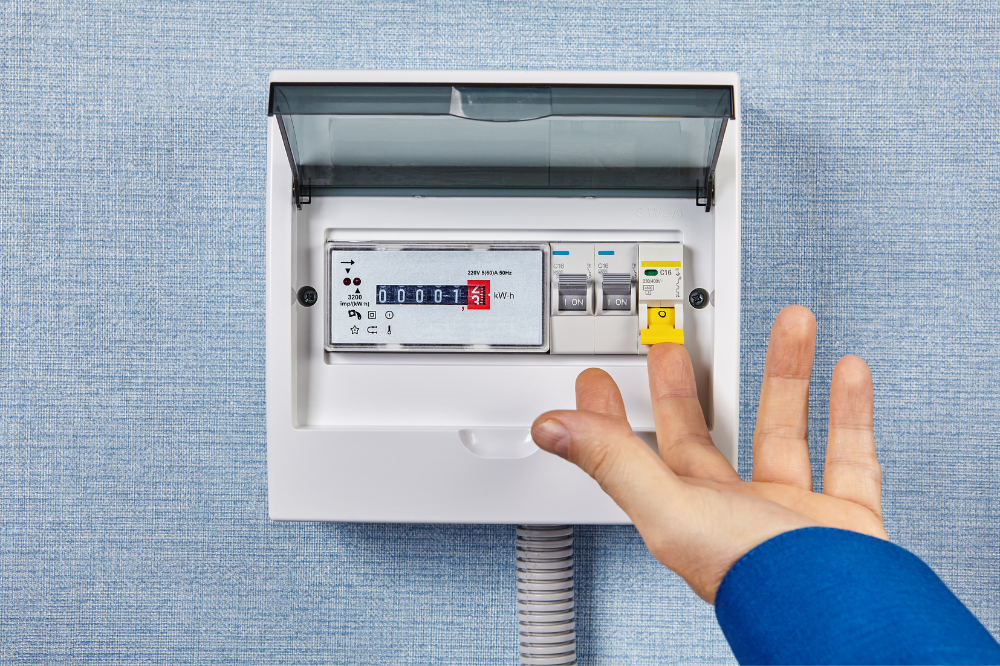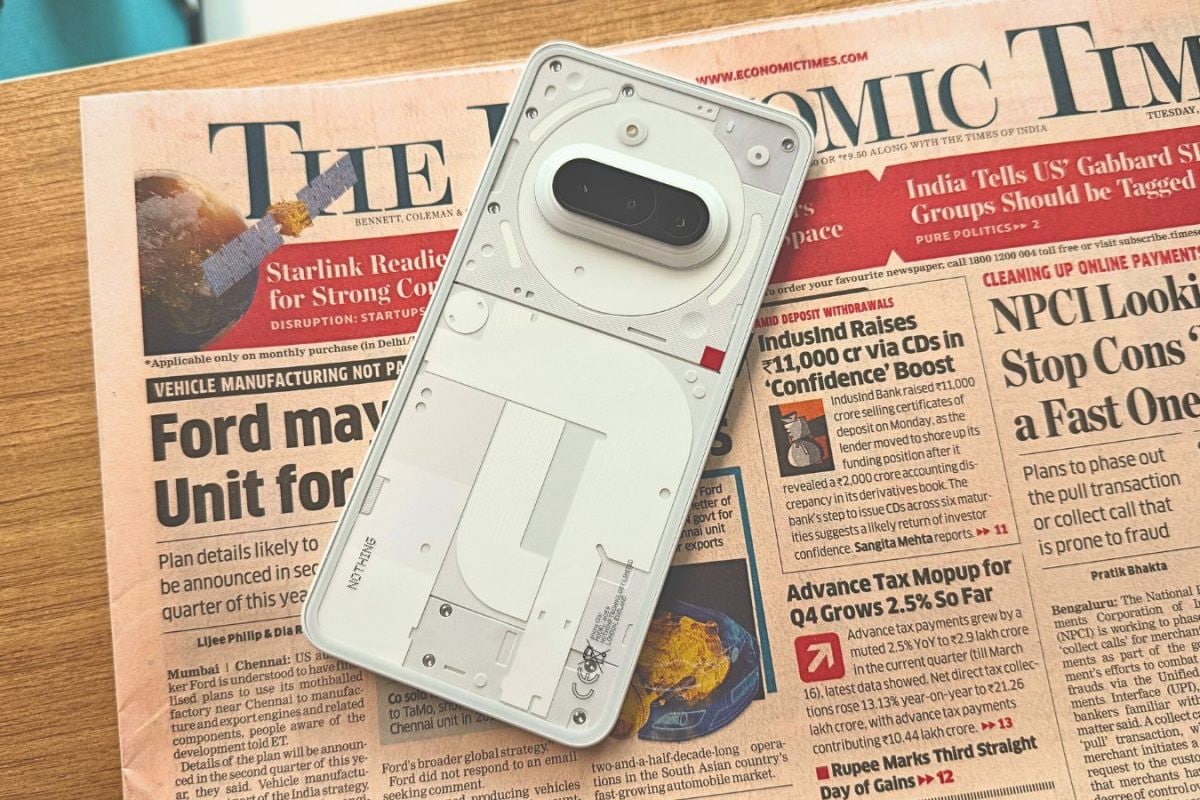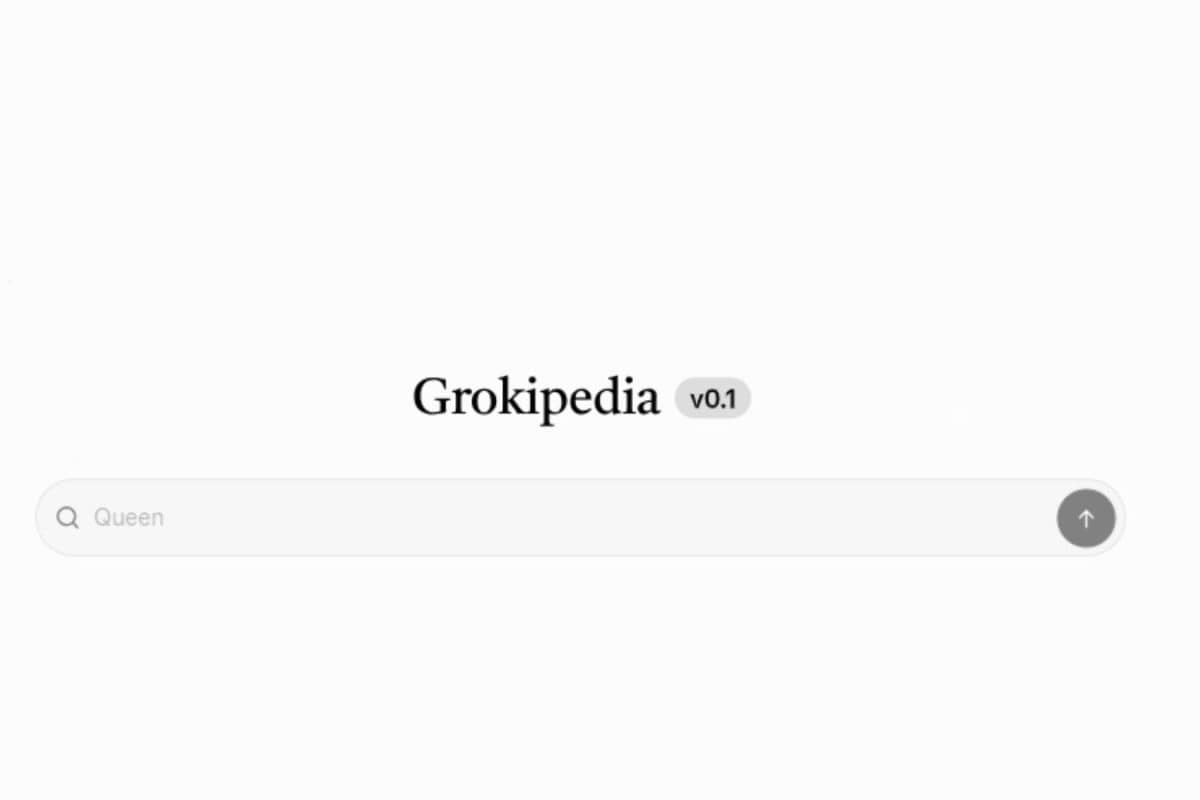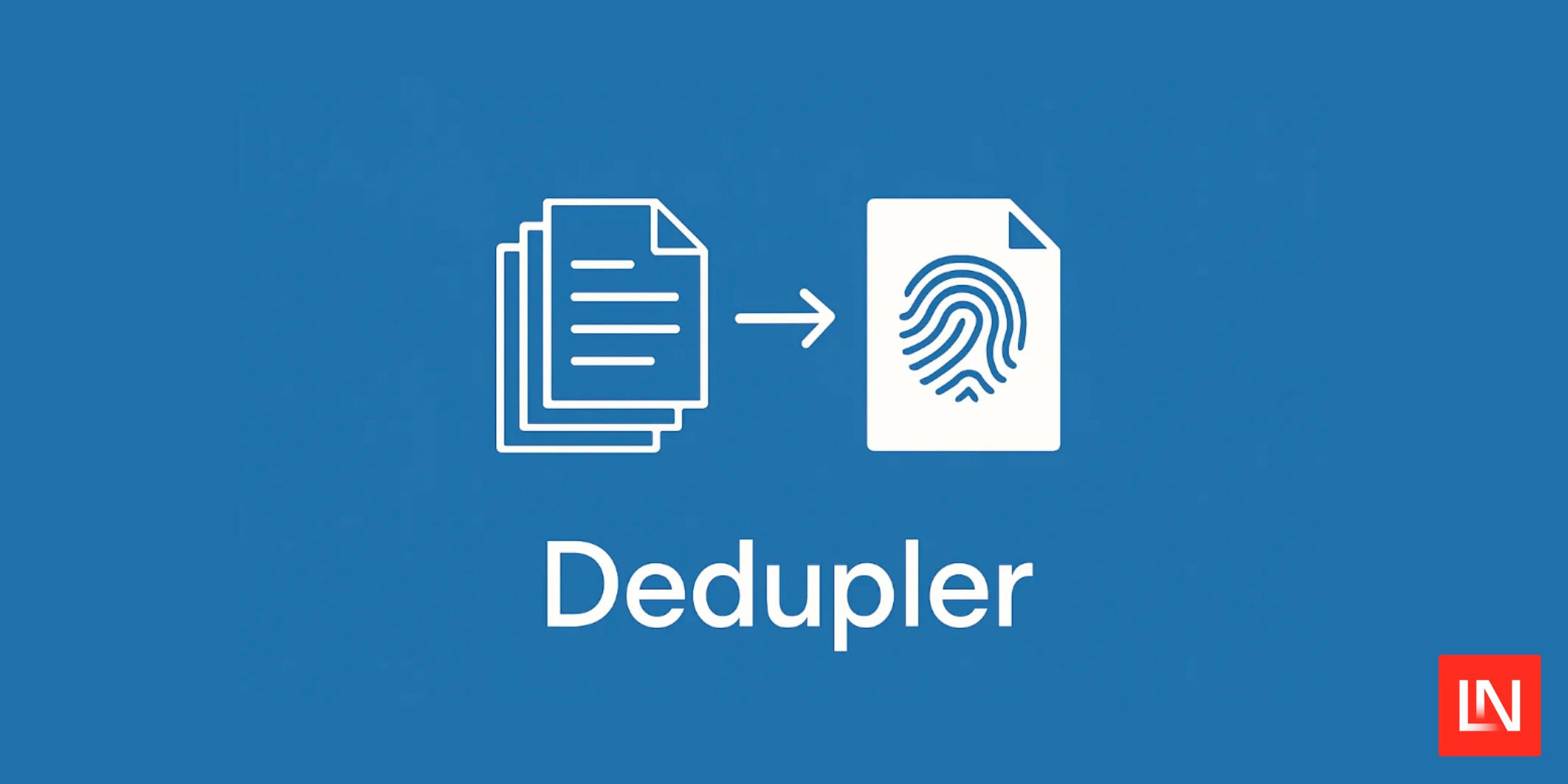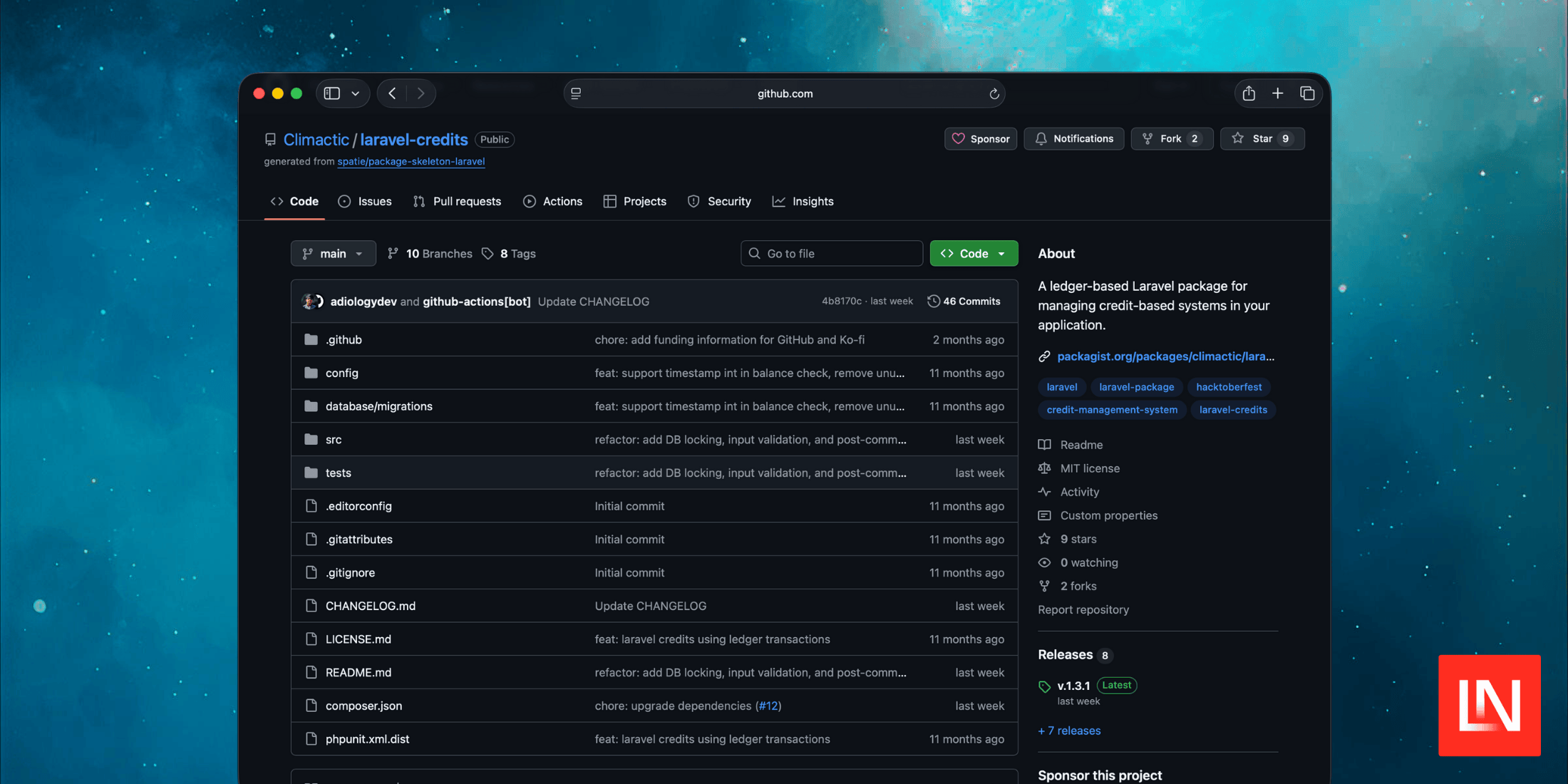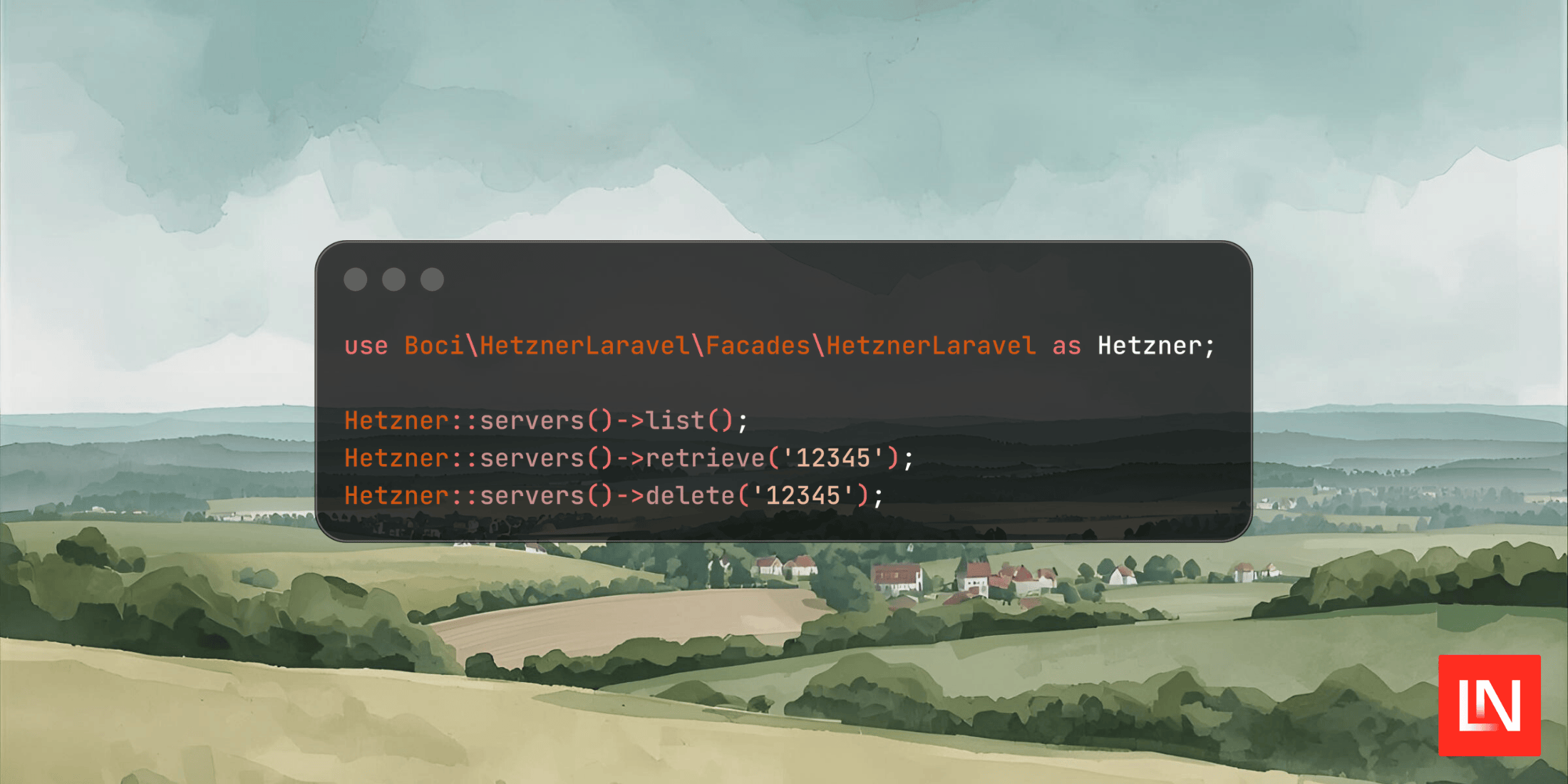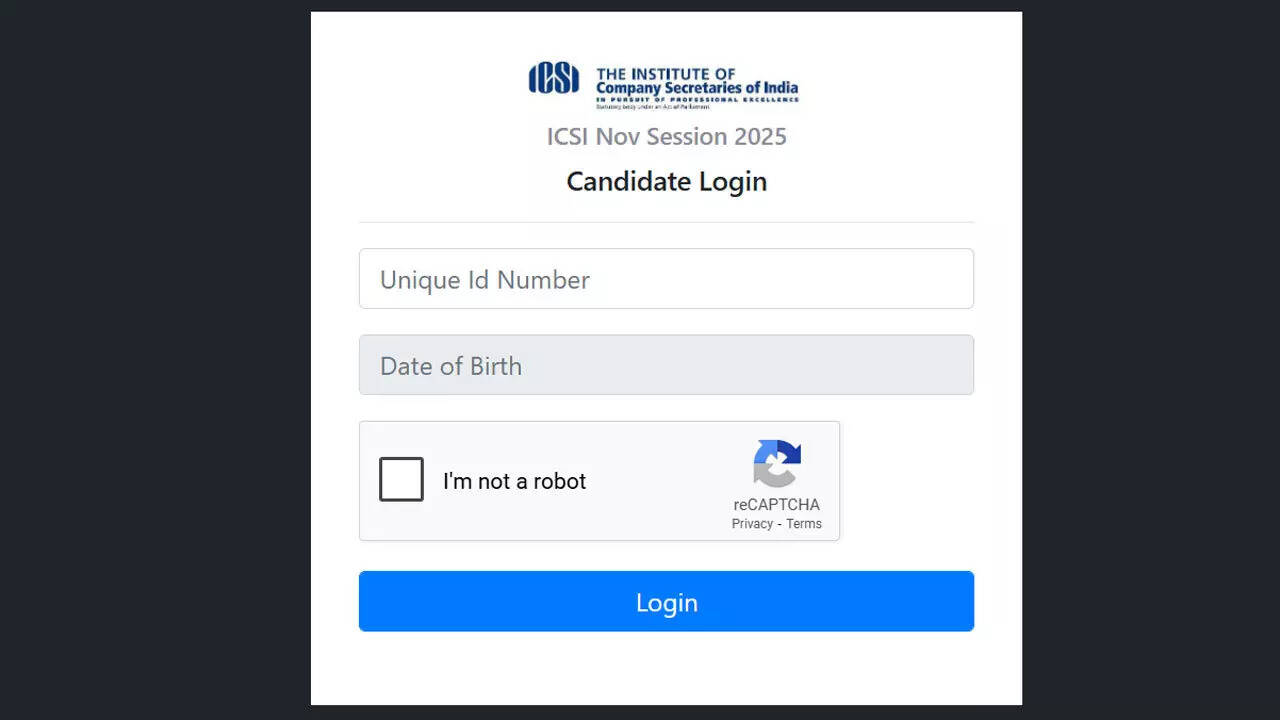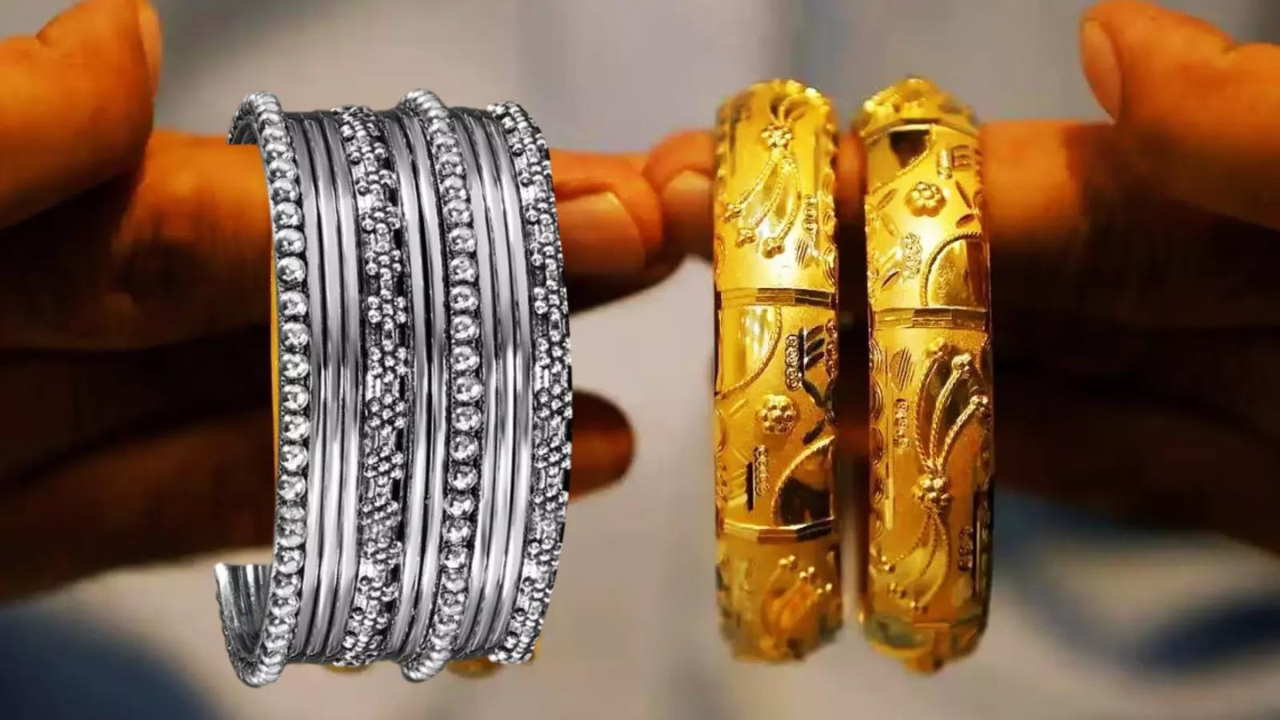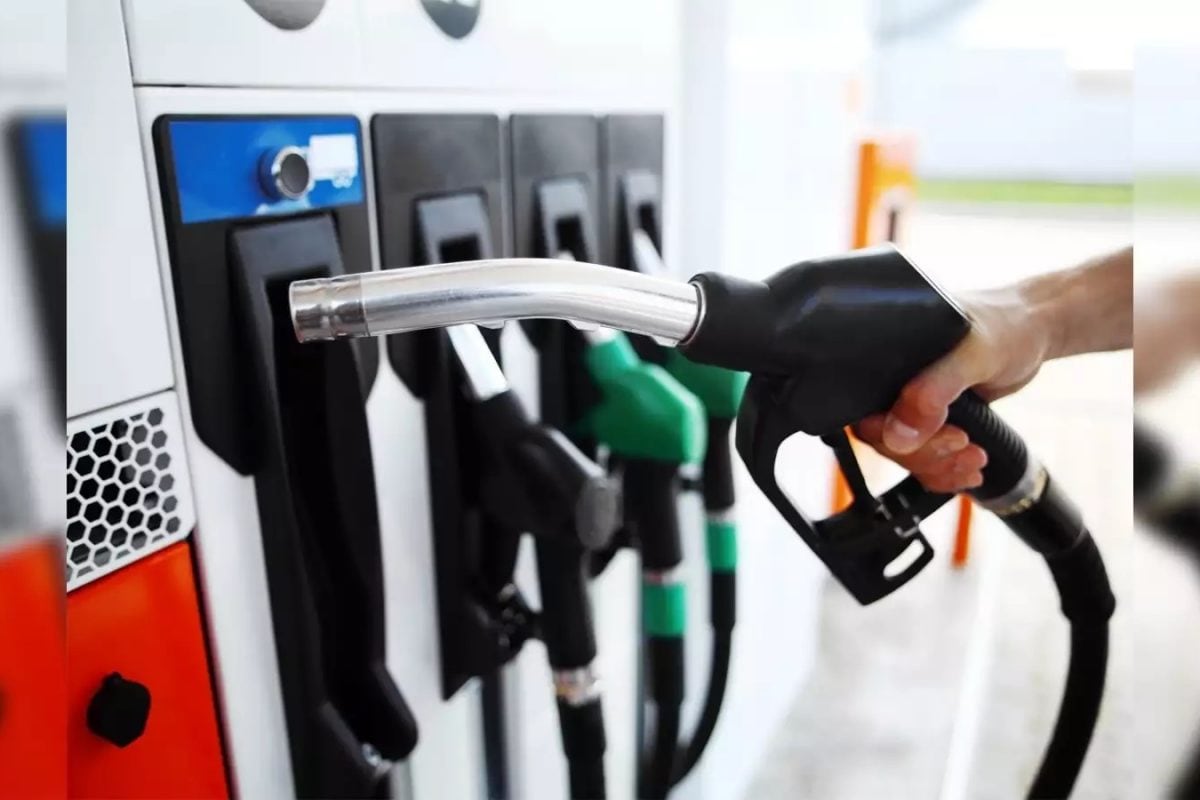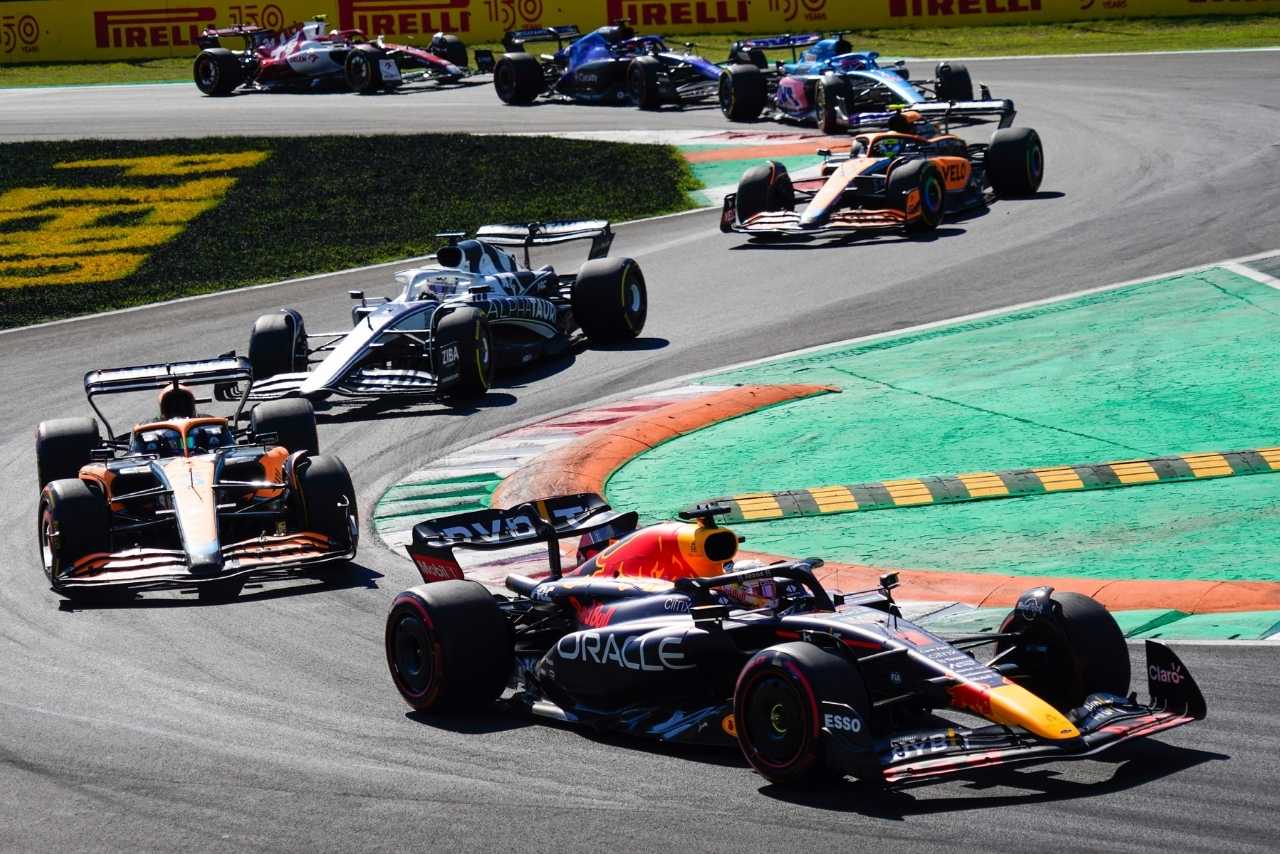UAE Joins Global Pact for Automatic Exchange of Crypto Tax Data
Synopsis– The United Arab Emirates signed a major global agreement to automatically exchange tax data on cryptocurrency activities. The Ministry of Finance confirmed the move on Saturday. The agreement, known as the Multilateral Competent Authority Agreement (MCAA), falls under the Crypto-Asset Reporting Framework (CARF). It aligns the UAE with the Organisation for Economic Cooperation and […] The post UAE Joins Global Pact for Automatic Exchange of Crypto Tax Data appeared first on Trade Brains.


Synopsis– The United Arab Emirates signed a major global agreement to automatically exchange tax data on cryptocurrency activities. The Ministry of Finance confirmed the move on Saturday. The agreement, known as the Multilateral Competent Authority Agreement (MCAA), falls under the Crypto-Asset Reporting Framework (CARF). It aligns the UAE with the Organisation for Economic Cooperation and Development’s efforts to improve tax transparency worldwide.
The agreement will bring the UAE into closer cooperation with more than 50 other jurisdictions already committed. Countries such as New Zealand, Australia, and the Netherlands also signed on. Switzerland has gone a step further with legislation to share crypto tax data with 74 partner nations, including most G20 members.
The UAE said it would fully roll out the CARF framework in 2027. The first automatic exchange of crypto tax information is expected to begin in 2028.
What the New Framework Means
CARF was created by the OECD in 2023 to address cross-border tax challenges within the crypto sector. The system closely mirrors the Common Reporting Standard, which already applies to traditional financial accounts.
Under this framework, crypto-asset service providers such as exchanges, custodians, brokers, and wallet platforms will collect detailed tax information. This includes user identification, account balances, and full transaction data. The UAE will then automatically share this information with partner countries each year.
The framework covers cryptocurrencies like Bitcoin and Ethereum, as well as stablecoins and non-fungible tokens. While the UAE will not impose direct taxes on crypto, the new policy ensures foreign authorities can track and tax their residents’ activities.
Public Consultation Already Underway
To prepare, the UAE launched a public consultation on September 15. The consultation is open until November 8 and targets exchanges, traders, and advisory firms. These stakeholders are expected to provide input on compliance issues, data reporting, and operational challenges.
The feedback will guide the Ministry of Finance in drafting final regulations by 2026. This timeline gives businesses time to adapt reporting systems and train staff before obligations begin in 2027. Officials emphasized that the goal is both regulatory clarity and smoother adoption.
Crypto businesses in the UAE may face higher compliance costs as they improve KYC systems, data tracking, and reporting tools. Many industry experts believe, however, that the shift will improve trust in the UAE’s crypto market. As one advisor pointed out, the new rules could attract more institutional investors who prefer secure, regulated environments.
Rising Global Adoption of CARF
The UAE joins a growing list of countries adopting CARF to fight tax evasion and ensure greater international cooperation. In recent weeks, South Korea finalized its own plans to share crypto tax information through the same framework. Its National Tax Service will work with both local crypto exchanges and global partners to exchange data.
South Korea has already moved against tax evaders, including seizing crypto assets from delinquent taxpayers in Jeju City in August. These steps underline the wider global commitment to regulate an industry long seen as a grey zone in taxation.
By signing this agreement, the UAE signals clear intent: it aims to remain a hub for crypto innovation but within a transparent and cooperative system. While there will be compliance costs, the benefits may include stronger regulatory standing and reduced risks of illicit finance. For traders and investors, the shift means greater international scrutiny, but no new taxes within UAE borders.
Written By Fazal Ul Vahab C H
The post UAE Joins Global Pact for Automatic Exchange of Crypto Tax Data appeared first on Trade Brains.
What's Your Reaction?






























